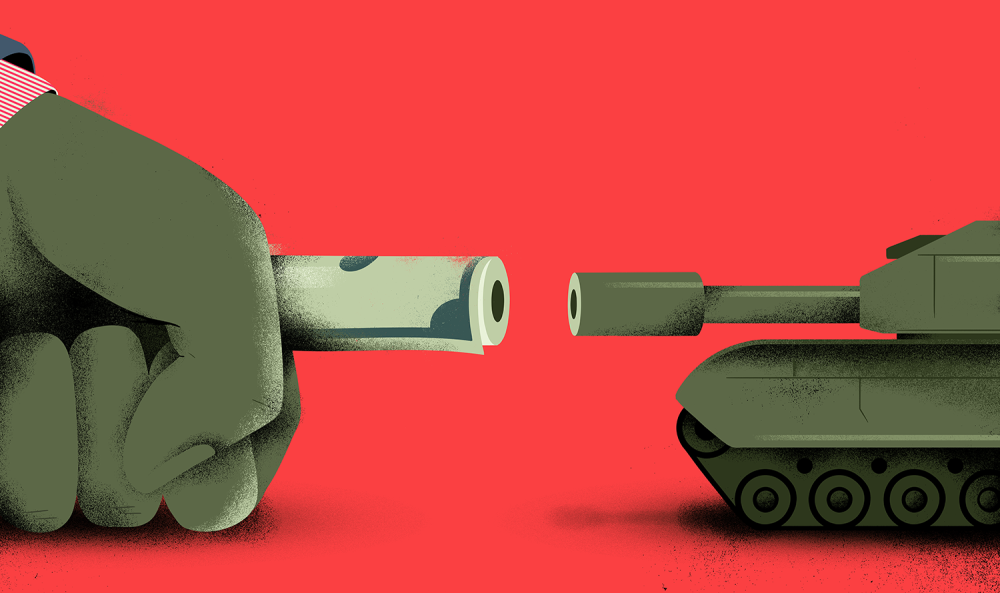Russia Ukraine Relations: A Complex Geopolitical Landscape Unveiled

Exploring the Historical, Political, and Cultural Dimensions
The intricate web of Russia-Ukraine relations has captivated the world’s attention for decades, shaping the geopolitics of Eastern Europe and beyond. This enduring saga of alliances, conflicts, and cultural ties unveils a complex tapestry that continues to influence international dynamics. Let’s delve into the multifaceted dimensions of this intricate relationship and unravel the forces at play.
A Historical Nexus
The history of Russia and Ukraine is a tale of intertwined fates, marked by centuries of shared experiences and mutual influences. The medieval Kyivan Rus’ was a cradle of Slavic civilization, leaving a lasting imprint on both nations. However, historical events such as the Mongol invasions and the partitions of Poland divided these lands, setting the stage for a relationship characterized by both unity and divergence.
Soviet Legacy and Independence
The 20th century brought seismic changes as both Russia and Ukraine found themselves under the Soviet umbrella. The collapse of the Soviet Union in 1991 led to Ukraine’s emergence as an independent nation, but the transition was not without challenges. The legacy of Soviet-era policies, intertwined economies, and shared cultural ties posed intricate questions about identity, sovereignty, and allegiances.
Territorial Disputes and the Crimean Peninsula
Among the most contentious chapters in Russia-Ukraine relations is the Crimean crisis. In 2014, Russia’s annexation of Crimea triggered international condemnation and reshaped the geopolitical landscape. The region’s strategic significance, historical complexities, and ethnic demographics have contributed to ongoing tensions, serving as a focal point in the broader narrative of Russia-Ukraine relations.
Cultural Bonds and Divides
While political disputes and territorial conflicts garner headlines, the cultural connections between Russia and Ukraine run deep. Shared language, literature, and historical figures create bonds that transcend borders. Simultaneously, differences in historical narratives, identity perceptions, and language policies have led to fractures, challenging the notion of a unified Slavic identity.
The Struggle for Autonomy and Sovereignty
Russia’s support for separatist movements in eastern Ukraine has heightened tensions and fueled armed conflict. The conflict in Donbas highlights the complexities of self-determination, territorial integrity, and international intervention. The Minsk agreements, aimed at achieving peace, underscore the diplomatic efforts to find common ground in a situation fraught with geopolitical interests.
Future Prospects and Global Implications
As Russia and Ukraine navigate the challenges of the 21st century, the trajectory of their relationship remains uncertain. Geopolitical dynamics, energy dependencies, and evolving allegiances continue to shape the region’s destiny. The international community watches closely, aware that the stability of Eastern Europe is intricately tied to the course of Russia-Ukraine relations.
A Kaleidoscope of Stories
The tale of Russia and Ukraine is a kaleidoscope of stories, each reflecting a unique facet of this complex relationship. From shared history to divergent paths, from cultural bonds to political divisions, the narrative is rich and ever-evolving. As the two nations negotiate their roles on the global stage, the saga of Russia-Ukraine relations serves as a reminder of the enduring influence of history on the present and the intricate interplay of geopolitical forces.
#Russia Ukraine #Russia #Ukraine#Russia-Ukraine relations



